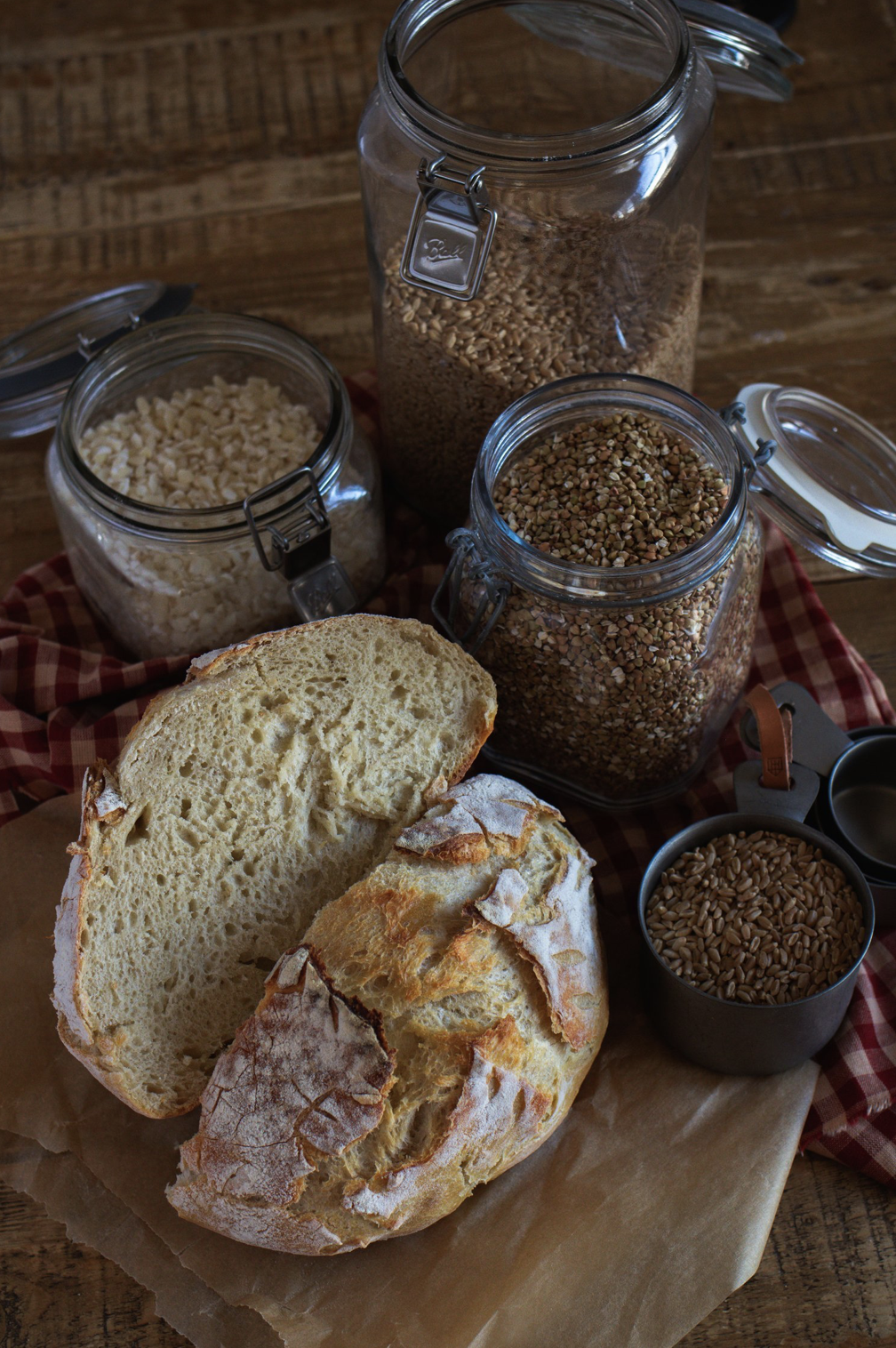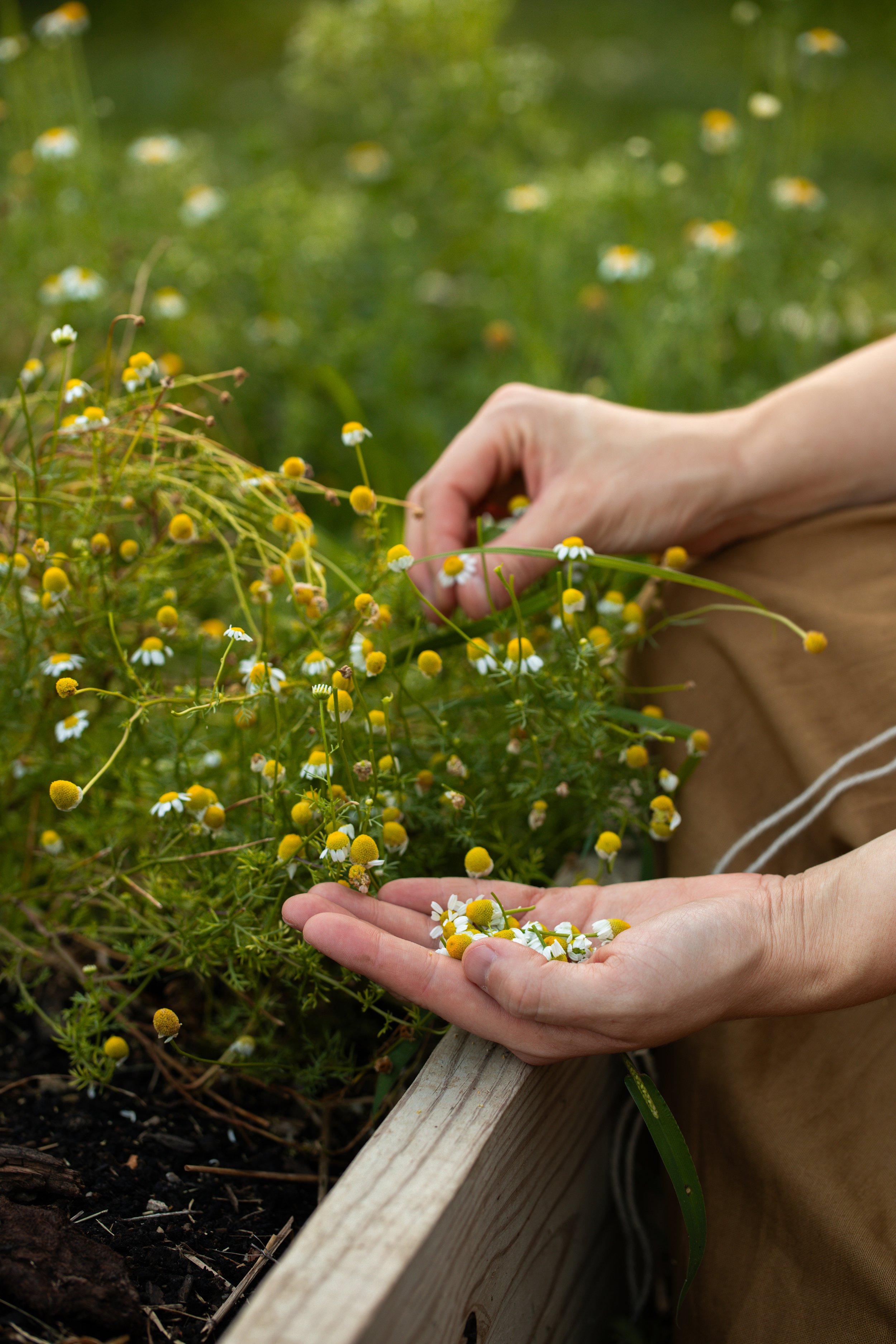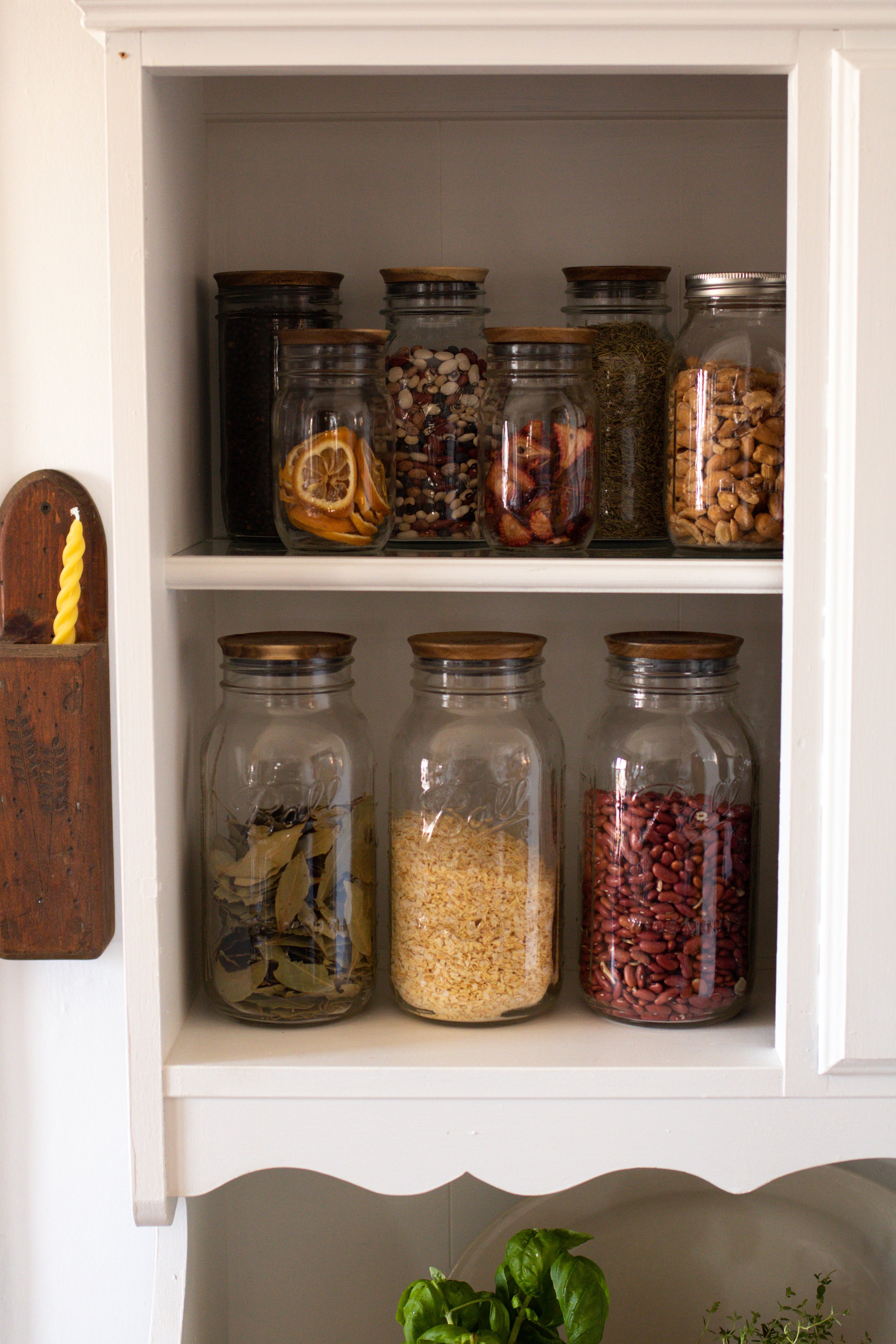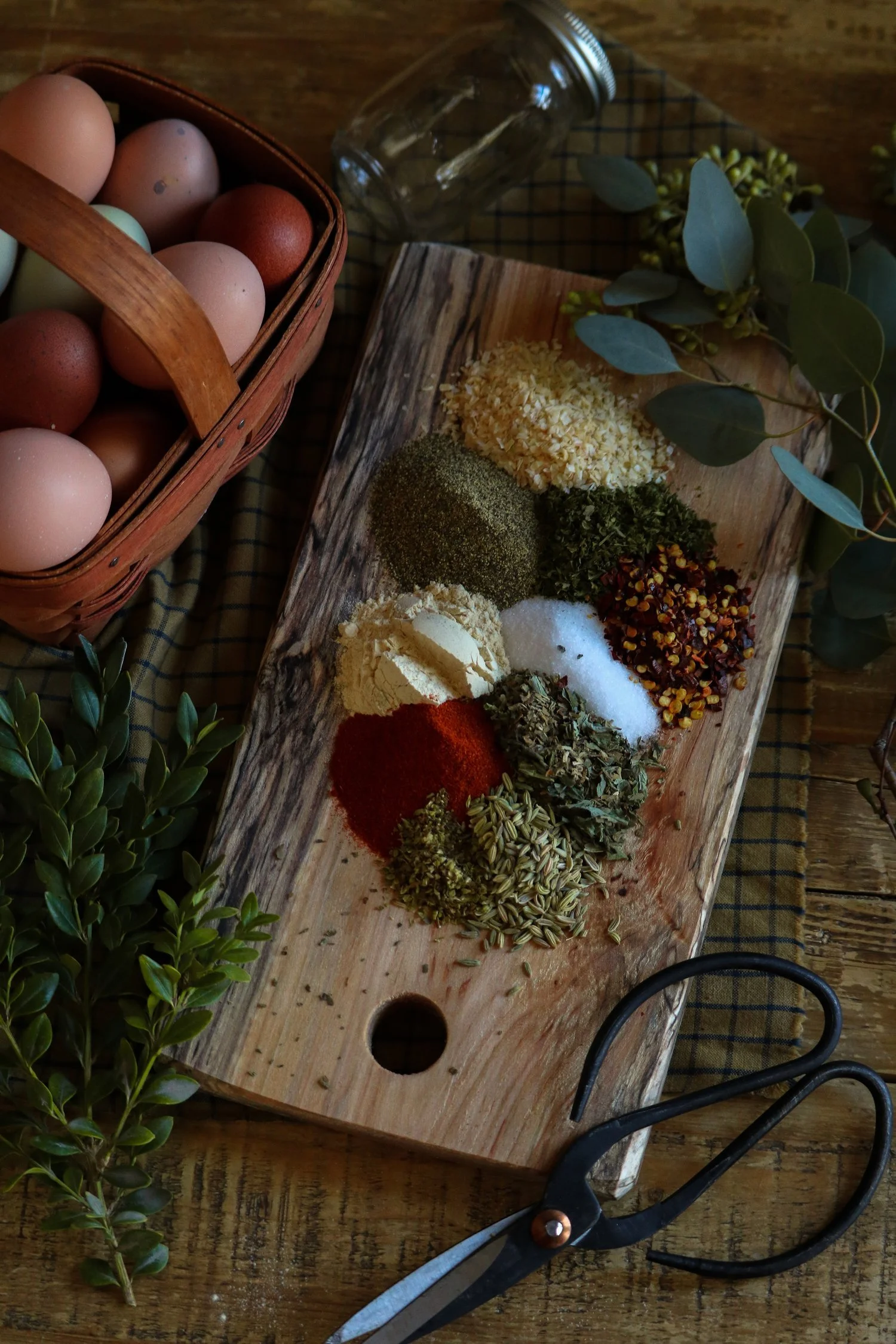
Drying & Dehydrating
Drying and dehydrating are some of the oldest, simplest ways to preserve food— perfect for gardeners, foragers, and anyone looking to stock a sustainable pantry. Whether you’re hanging herbs on an old drying rack or using an electric dehydrator, this page will guide you through the techniques, tools, and best ingredients for shelf-stable preservation that you can enjoy all year long.
Getting Started with Dehydrating
What to Dry and How to Begin
You don’t need fancy equipment to get started with drying food. This section walks you through the different drying methods and the best produce to begin with.
Drying Herbs & Flowers
Preserve Flavor, Fragrance & Color
Herbs and edible flowers are amongst the easiest ingredients to dry. This gentle preservation method retains herbs and flowers’ color, scent, and potency for teas, cooking, and crafts.
Dried Fruits & Vegetables
Healthy Snacks & Pantry Staples
Drying fruit and vegetables makes for sweet snacks and easy add-ins to oatmeal, baked goods, and soups. These recipes keep your garden harvests usable after the growing season ends.
Seasonings & Powders
Homemade Flavors from the Garden
Dried vegetables and herbs can be blended into seasoning powders, dry rubs, and flavorful mixes. These recipes help you create long-lasting flavor from your harvest.
DIY Dry Mixes
Make-Ahead Meals & Pantry Helpers
Create your own dry soup mixes, baking blends, and spice kits for cozy, homemade convenience. These simple dry mixes are perfect for gifts or simplifying weeknight dinners.
Watch and Learn
How I Preserve Food by Drying & Dehydrating
Watch how to dry herbs, prepare apple slices, or blend spice mixes for winter meals. These videos share real-life, cozy preserving methods from start to finish.

Drying foods is an act of simplicity and intention. It captures the brightness of the season in a shelf-stable form— ready for winter soups, quiet moments with a cup of tea, and a touch of flavor in every meal.

















